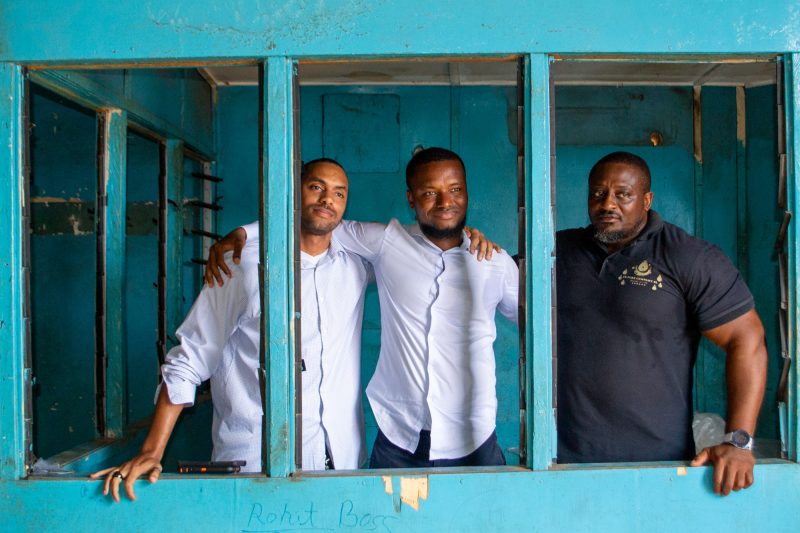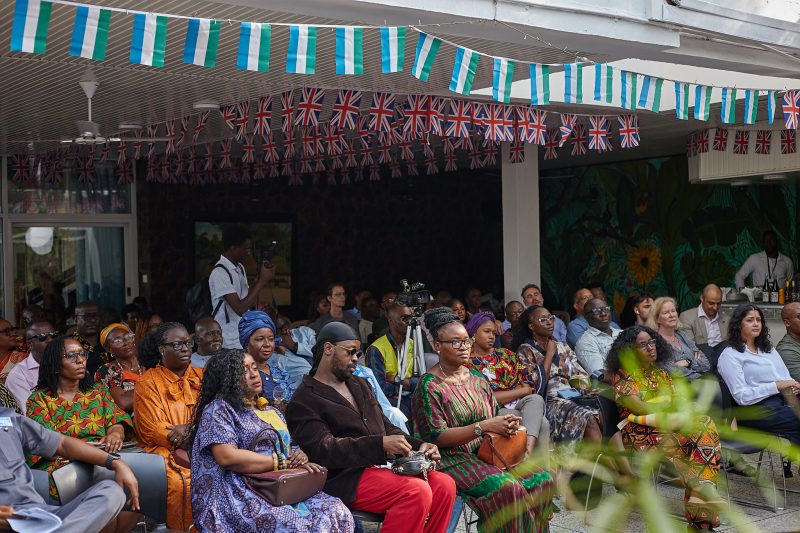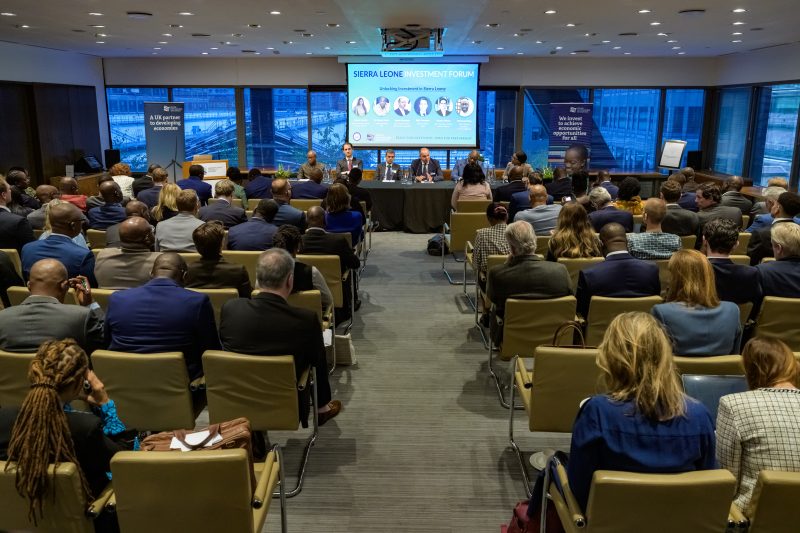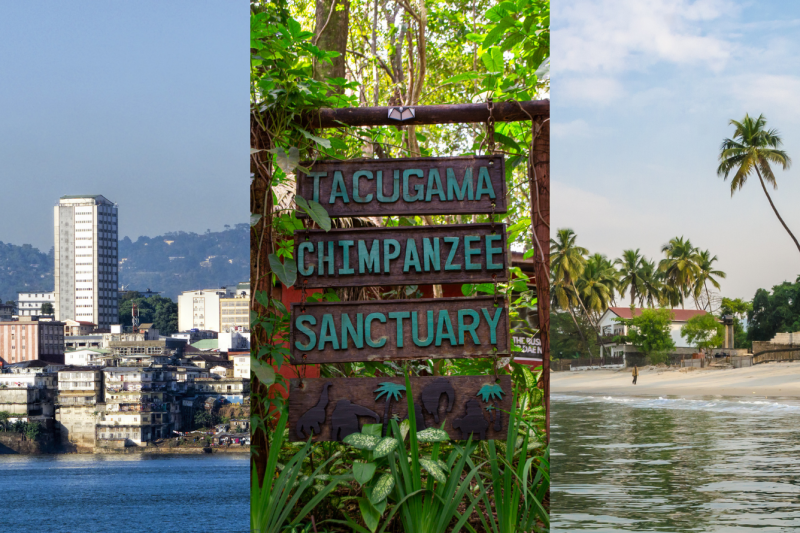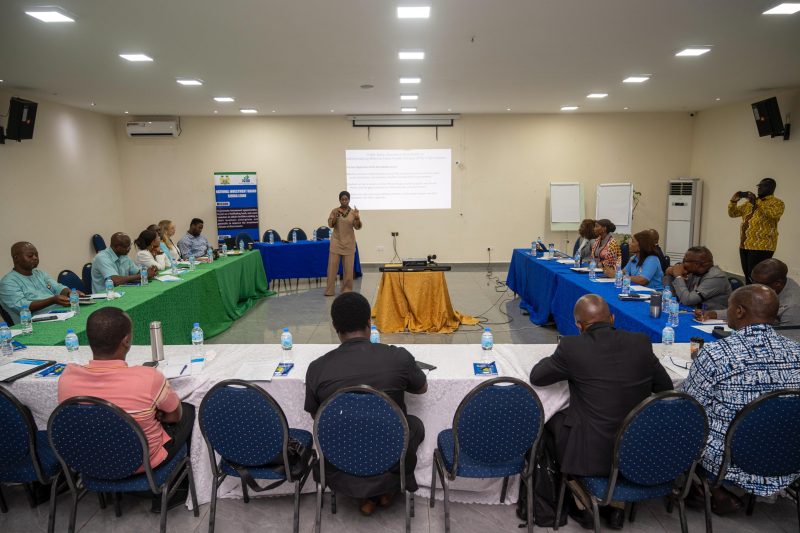The Sierra Leone Association of Commercial Banks (SLACB) and the Sierra Leone Association of Microfinance Institutions (SLAMFI) have taken a significant step towards incorporating environmental, social and governance (ESG) standards into financial decision-making in Sierra Leone.
The inaugural Sustainable Finance Principles working group meeting was held on 27 February 2025 and facilitated by Invest Salone, a UK-funded private sector development programme. It underscores the financial sector’s commitment to integrating ESG considerations into their operations.
The creation of the Sustainable Finance Principles working group follows discussions held last year on how the Sierra Leonean banking and finance sector could play their part in a greener future.
Sustainable finance refers to financial activities and investment decisions that promote long-term economic growth while ensuring positive impacts on society and the environment, such as green finance, climate finance and improving access for the financially excluded.
The first meeting of the working group featured representatives from 13 banks, all four Microfinance Institutions (MFIs) designated by SLAMFI and three officials from the Bank of Sierra Leone’s Banking Supervision Department.
“There are a range of benefits that sustainable banking principles can bring a country like Sierra Leone, including strengthening the banking sector, attracting investment, supporting economic growth, protecting the environment, enhancing trust and encouraging public–private collaboration,” said Tony Deary of GBRW Consulting, a financial services policy and regulatory advisor.
SLACB Executive Secretary, Shola Taylor-Pearce, gave the opening remarks during which she emphasised the initiative’s significance and acknowledged Invest Salone’s ongoing support, referencing the initial breakfast roundtable in November 2021, which kickstarted the process of a coordinated approach to ESG integration in the sector through training in ESG factors.
Deary outlined the working group’s objectives and principal areas of coverage. This was followed by Emma Fofanah, an ESG expert and Invest Salone Consultant, who shared various case study examples from Nigeria, Ghana, Kenya and Morocco, illustrating the development of sustainable finance principles across the globe.
Delegates heard about the importance of ensuring that Sustainable Finance Principles encourage best practice and are non-binding, aspirational, flexible and industry led.
While the Central Bank of Sierra Leone has not mandated these Principles, its representatives have commended the collaboration between SLACB and SLAMFI and indicated plans to establish regulations on sustainable finance in the future. Both SLACB and SLAMFI members actively contributed to advancing the initiative.
“The next steps will involve engaging with financial institutions to identify ESG priorities specific to the Sierra Leone context to guide the collaborative process of drafting the principles, as well as the development of guidance notes for the implementation of each Principle,” Deary said.
This collaborative approach aims to align Sierra Leone’s banking sector with global sustainable finance trends, enhancing resilience and attracting capital dedicated to sustainable initiatives.

